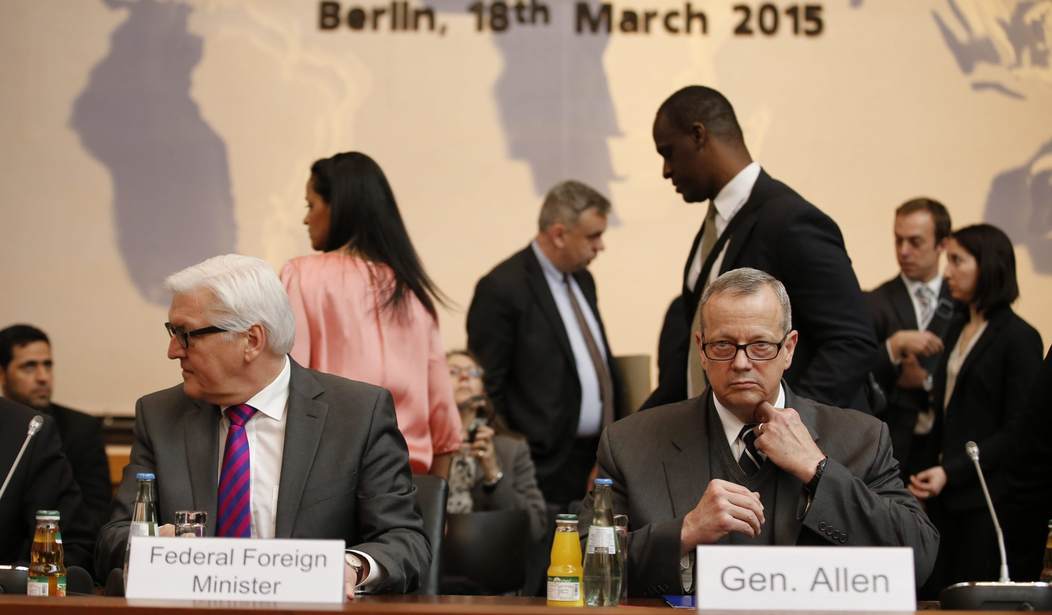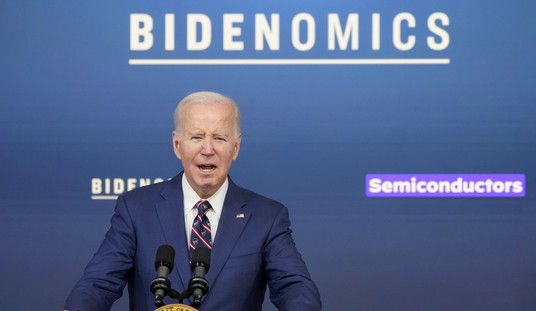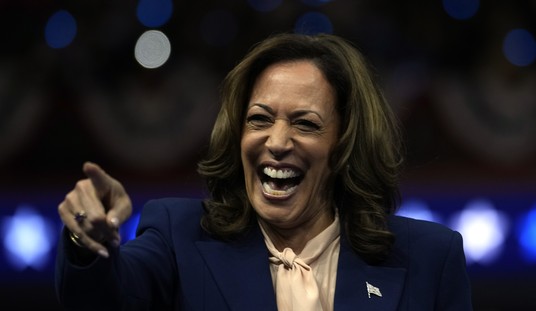WASHINGTON – Gen. John Allen, special presidential envoy for the Global Coalition to Counter ISIS under former President Obama, told PJM that the U.S. still hasn’t “killed the idea of ISIS.”
Allen, who also led U.S. forces in Afghanistan, predicted that the fight to defeat “the idea of ISIS” would be a long one and probably last over two or three more presidencies.
Allen was asked for his assessment of the Trump administration’s handling of ISIS compared to the Obama administration.
“I don’t judge or compare them. It’s just a long fight. I think in many respects the Trump administration put more resources into it, but we need to make sure we don’t fool ourselves into believing – if we have taken their territory and killed a lot of them – that we have dealt with ISIS. We don’t deal with ISIS until we’ve killed the idea of ISIS, not the physical dimension of ISIS, and ISIS got very large under the previous administration in many ways – it is on the Internet, it is provincial, it’s got a core capability that has not been fully eliminated,” Allen, president of the Brookings Institution, said after his recent appearance at the Jamestown Foundation’s annual terrorism conference.
“Now, its coherent capacity to hold territory has been very seriously set back but we need to be very careful about declaring that we have defeated this organization simply because they can’t hold territory. We’ve got to remember they started out as a terrorist organization and it’s easy for them to revert back, so I don’t try to make a comparison between the two because this is a long-term fight; it’s probably going to be two or three presidents,” he added.
Countering ISIS on the Internet is an important part of defeating the idea of ISIS, Allen explained.
“We have seen through encrypted phone applications the capacity for these [terrorist] organizations to do really detailed planning, which Director Comey used to call ‘operating in the dark,’ where we have no capacity, by and large, other than perhaps through human cueing and some other sloppy signals and communications intelligence,” he said.
“We have no real capacity to see their global planning, their regional movement or even their tactual execution. And I was in Paris the first time of the first Paris attack and we knew the attack was coming as the first shots were fired. There was no cueing otherwise. We must anticipate that organizations will take to the Internet in the future to get the capacity of both surface area and concentration in ways they could never have done before,” he added.
Allen shared his opinion of the Trump administration’s approach to counterterrorism and offered his reaction to the decline in network news coverage involving the war on terrorism.
“The CT strategy for this administration is pretty good, actually, so they have put the intellectual investment into it – but that’s not where it ends. It only begins there. What I can’t answer is how [the administration] has resourced the strategy – that’s how you tell they’re serious about it,” Allen said.
“The news cycle tends to focus on that which is of greatest interest, you know, the dog closest to the sled that particular day, so we’ve got an awful lot of news that isn’t specifically about terrorism so it gets pushed out of the news cycle,” he added. “That doesn’t mean it’s not important, it doesn’t mean we shouldn’t talk about it – it just means that it’s not appearing in the news cycle.”
In 2016, Allen addressed the Democratic National Convention and was critical of Trump during the presidential election. Trump responded to his criticism, saying, “He was the general fighting ISIS. I would say he hasn’t done so well, right? Not so well.”
When Trump announced that he wanted the U.S. to withdraw troops from Syria, Allen said there was more work to be done to defeat ISIS.
“Look, we all thought at one point that they would come home but a precipitous departure of our troops could create a military disaster. And a global coalition will think twice about coming to help the United States, if we need to, in a great emergency, because they know we won’t consult with them when the time comes,” Allen said on CNN recently.
Allen expressed concern that the U.S. lacks a strategy to prevent ISIS from expanding again.
“I don’t understand what the strategy will be now that we are dismantling our presence in Syria and if we are not in the right places with the right capabilities in Iraq to help the Iraqis over a long period of time, then we could see it emerge there,” he said on NPR.
Allen emphasized that ISIS was “part of the expanded caliphate in what we called a provincial form where we found it in North Africa, we found it in the Middle East, we found it in South Asia, we found it in Southeast Asia. So the proposal that somehow it has been defeated is in fact flat wrong. The Islamic State is not defeated as an entity.”
Allen also said, “I don’t think any of us either want or believe that we would remain either in Syria or Iraq forever, but the expectation was that we would leave on a conditions-based process and not as a result of a tweet.”
Speaking to the troops about his decision to withdraw from Syria and Iraq, Trump said, “America shouldn’t be doing the fighting for every nation on earth, not being reimbursed in many cases at all. If they want us to do the fighting, they also have to pay a price and sometimes that’s also a monetary price, so we’re not the suckers of the world. We’re no longer the suckers, folks, and people aren’t looking at us as suckers.” The administration has since decided to leave a small stabilization force in Syria.
Allen disagreed with Trump’s statement.
“No, we’re not suckers. We haven’t been suckers. The United States is a transformational force in the world. And while governance in the aftermath of the so-called Arab Spring collapsed and created the very crises that we’re dealing with, the presence of the United States both on the ground as a stabilizing presence but also as a convening power to bring to bear the efforts of well over 70 nations to try to solve this problem – that’s unique,” he said.
“That doesn’t mean we’re suckers. That means that we are the strategic power on the planet that can bring together nations to accomplish something simply bigger than the arithmetic sum of the parts,” he added.
During the interview with PJM, Allen also shared his assessment of the way the Trump administration is handling Russia.
“I think we need to be very aggressive with them with regard to Syria – holding them ultimately accountable for the nature at which they’ve supported a genocidal dictator, hold them accountable for civilian casualties… hold them accountable for what they have done in Crimea,” he said. “We need to recognize Russia’s interests and our interests in many respects are diametrically opposed, and we need to be pushing back as necessary to protect our interests and those of our allies.”
Allen said diplomacy has to be the main focus with respect to Russia.
“There’s every reason why we should be talking to the Russians but there’s no reason why we shouldn’t be very assertive with them in terms of their international behavior,” he said.









Join the conversation as a VIP Member